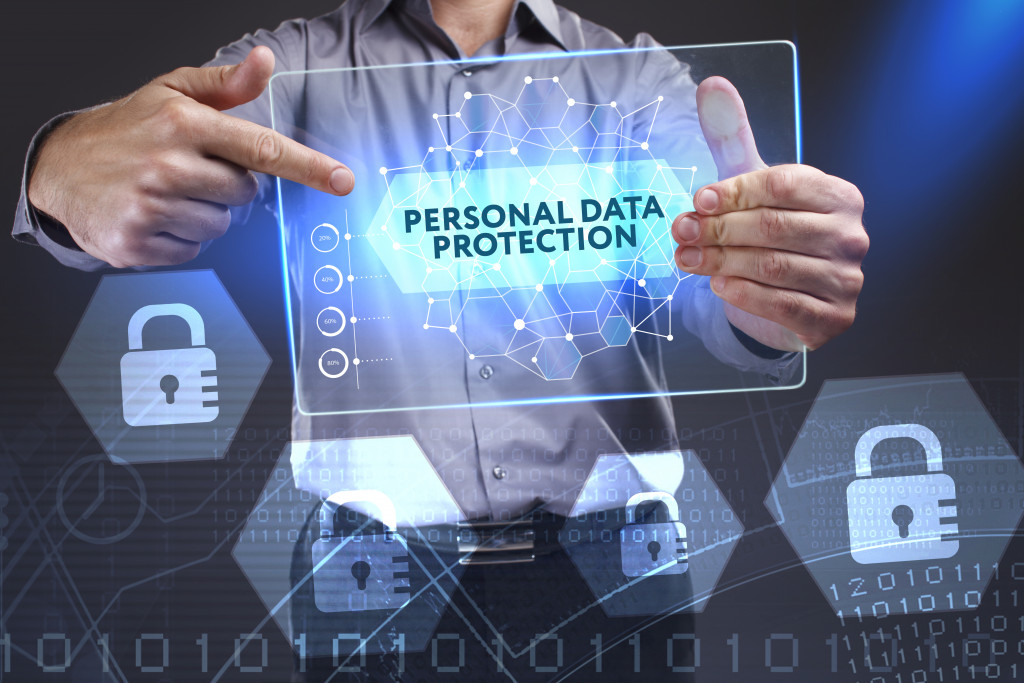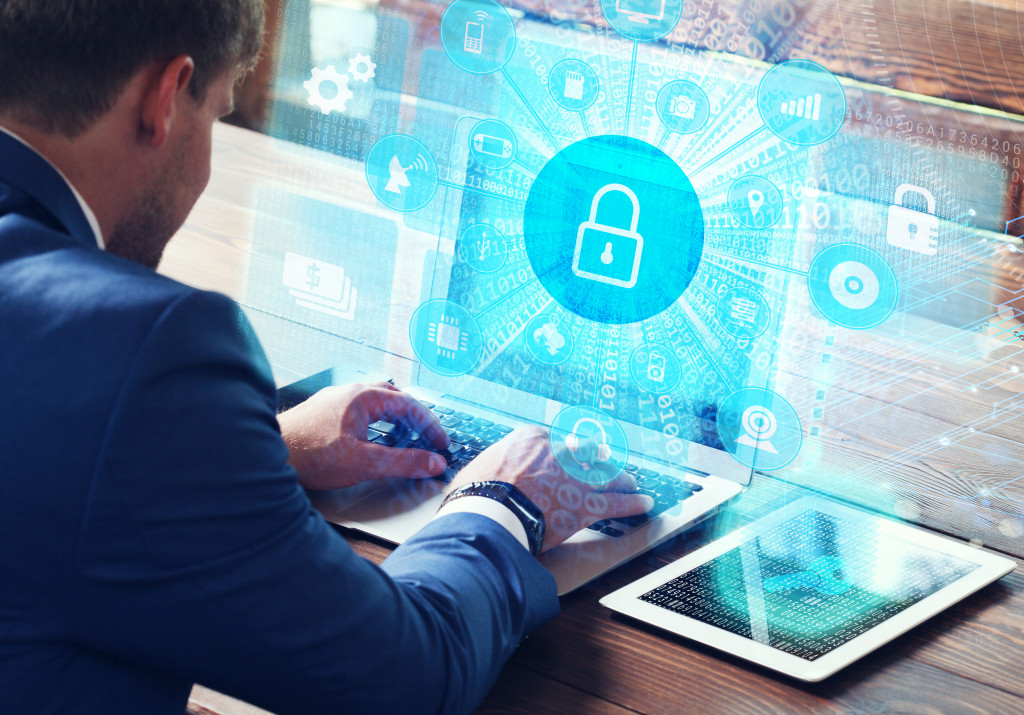When it comes to implementing security, people often think about installing CCTV cameras in and around their properties in hopes of protecting them. But apart from these, there are other aspects of business security that you should invest in. Security ensures that you can prevent crimes from happening within your property. You can also avoid unfortunate events such as damages and losses. Here are some security aspects to consider.
Physical Protection
Provide Access Cards
This has become something common in many buildings, and companies are investing in this physical security. It’s a great start to keeping unwanted visitors from inconspicuously entering employee-only premises. Whether you are a startup with a fairly small office or a well-established business, restricting outsiders from your workplace through employee exclusive access cards is indeed useful.
Educate Employees on the Importance of ID Cards
Outside of work, Identification Cards look lame. Especially the ones with lace, they get in the way, get tangled with wired headphones, and jingle across the front of your shirt. But ID cards are not just for decoration or for pushing company branding. It lets employees and security know whether someone is from within the company, from which department, or if they are only visiting, only by looking at their ID card even at arm’s length.
Don’t Forget Exterior Security
We have smoke alarms and motion sensors in the event of a fire or an earthquake. But you can also use alarms and detectors in case a malicious person tries to tamper with your property. These types of alarms tell you if an attempt was made to open a lock or a secured area by making a high-pitched sound, informing you and the authorities of what has happened.
If your business isn’t located in an urban area and is on a spacious site, it’s best to use metal or synthetic fencing gates. Security features like alarms or a fence aren’t just there to make it harder for criminals to break in. They’re also deterrents.
Make Sure Visitors Are Documented
Keeping a log of those who walk in your establishments might sound tedious, but it’s better safe than sorry. Many criminal activities happen when we’re complacent, and the last thing we want is to quite literally just let a criminal walk in your door. Simply checking their ID and then writing down what time they came in and left can help you not just solve potential problems but also deter them. Criminals are less likely to continue with their plans if they’re made aware of an establishment’s security systems. It’s simply too much to try to work their way around it.
Embed Security in Company Culture
When it comes to securing the office, your employees can play a large part in helping keep unwanted visitors away. Therefore, it’s important to educate your people on workplace security. Have them understand the policies you have set on visitors, restricted areas, and other security aspects. Not only will this add to your security system’s integrity, but it will also let your people know how important it is. This can make employees feel more secure in the workplace, knowing that the company takes any risk of a security breach seriously.
Digital Protection

Network And Data Security
Larger enterprises implement strict firewall settings to ensure that no outsider can connect to their networks. This isn’t only about anonymous connections on your company Wi-Fi, but it’s also about these hackers potentially being able to access sensitive information by breaking into your network.
You shouldn’t just be concerned about information about your business. You should also strive to protect your employees’ details like their contact, address, etcetera. Make sure to strengthen the layers of network security that you have. Use strong passwords or even a password manager to make sure that no one else but the authorized individuals can access sensitive and important data.
Speaking of your employees’ data, which should be protected, you should also think about all other data relevant and proprietary to your business. Your clients’ data, research, and all other sensitive information need to be kept secure from risks. Risks include breaches, theft, and altering data within your company and externally, like data hacking.
Get Insurance or Have a Plan
Sometimes, it’s inevitable that data can be lost or damaged. It can be due to a calamity or an incident in the office, like fire or plain theft. In this case, it’s best to implement preventive measures. This is where insurance can come in handy. Talk to your insurance agent and your lawyer about your options so you can better understand how to react in emergencies.
With these ideas in mind, you can upgrade your current security system or implement a new one. Doing so can ensure that everyone visiting your property is in no danger.

